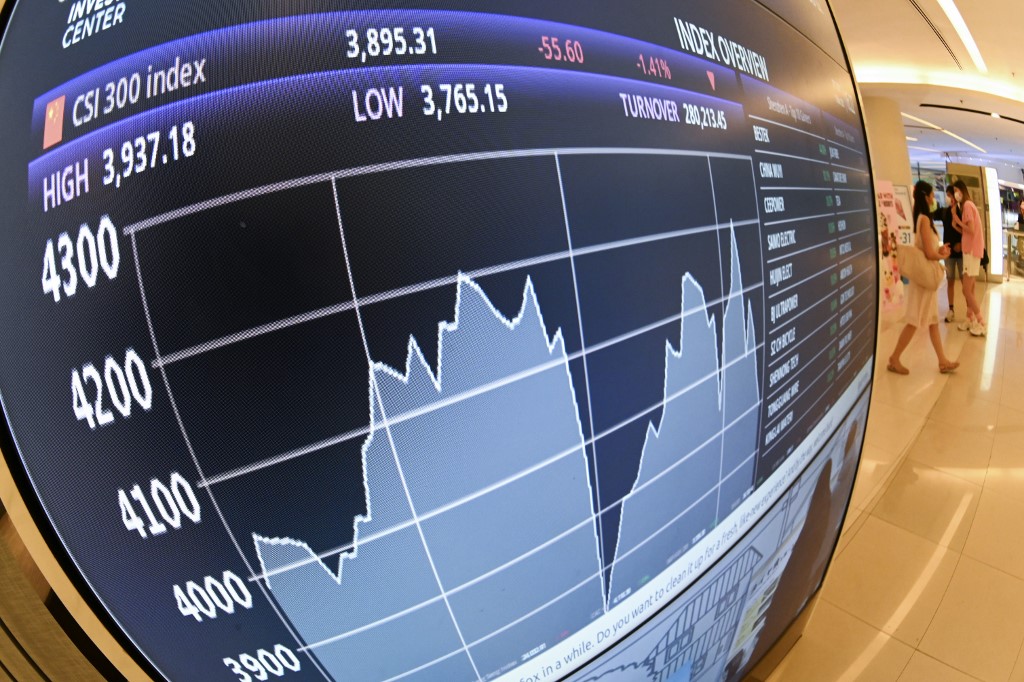(ATF) Financial markets extended gains on Tuesday but investors remain cautious after a fierce rally which saw major indexes soar 40-50% since the lows of March this year.
As the risk rally extended gains, albeit at a slower pace, after governments and central banks began announcing stimulus measures, some worry about economies holding up once these support programmes are wound down.
Overnight, the Nasdaq Composite climbed 1.13% after hitting a record high, the Dow Jones Industrial Average advanced 1.7%, and the S&P 500 added 1.20%.
“The economic backdrop is clearly improving and will continue to do so if a re-tightening of lockdowns is avoided. However, the big question is whether it will continue to improve as fast as the market seems to believe,” said Rupert Thompson, Chief Investment Officer at wealth manager Kingswood, who noted that global equities have registered their fastest recovery ever at 40%, and are now only 6% below their February high.
“The typical gain, by contrast, seen in the first three months of a bull market is 20% and even over the first 12 months is only 35%.”
BlackRock Investment analysts said macroeconomic policy had targeted consumers directly to cushion the coronavirus shock and that was blurring fiscal and monetary policies.
“Yet this policy shift has opened the door to unprecedented government intervention in markets and companies, and we see it as a slippery slope – unless it comes with proper guardrails and a clear exit strategy,” they said in a note.
Early on Tuesday, Australia’s S&P/ASX 200 benchmark leapt 2.2% powered by financial and property stocks, while Hong Kong’s Hang Seng benchmark was up 1.17% and mainland China’s CSI 300 stocks benchmark advanced 0.56%.
Eyes on Bank of Japan
But the Nikkei 225 edged down 0.67% as latest economic data showed wage growth had turned negative and was expected to stay negative for months to come. Analysts now expect the Bank of Japan to make a move after the central bank seemed happy to let fiscal policy rather than monetary policy to do the heavy lifting.
“The government now expects public and private banks to provide up to 85 trillion yen in low-interest and credit-guaranteed loans,” Marcel Thieliant, senior Japan economist at Capital Economics, said, referring to the government’s second supplementary budget. “We suspect that the Bank of Japan will want to make sure that banks don’t have to worry about how to fund that lending, As such, the Bank will probably provide a similar amount in loans to commercial lenders. We expect the Bank to expand its lending schemes a little further at the upcoming meeting, perhaps by another 30 trillion yen.”
The Bank of Japan will hold a two-day meeting next Monday and Tuesday.
Credit markets are steady with the Asia IG index at 80/82 and the flow of new issues continues with China Fortune Land and Shanghai Construction announcing price guidance, as Korea Electric priced a green bond after getting orders of more than $5.2 billion.
























